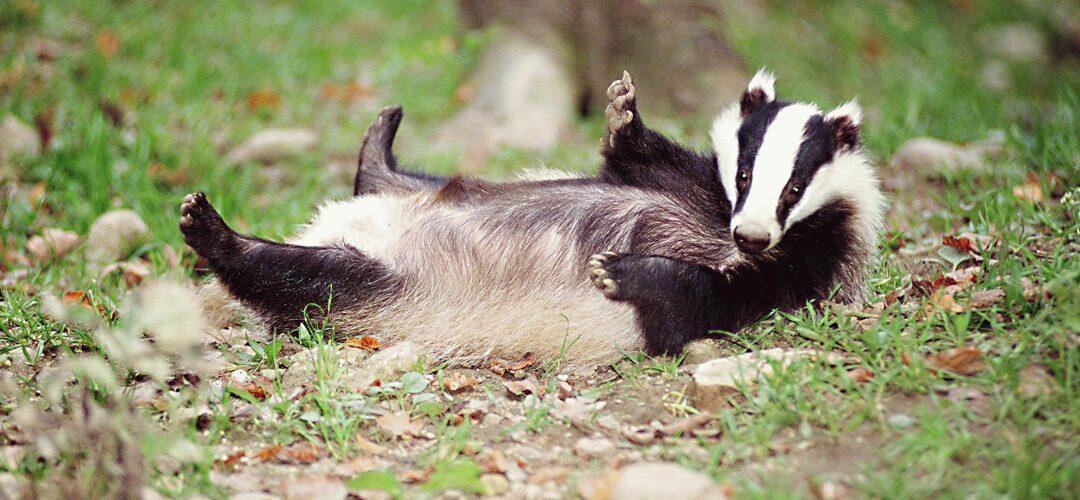A new study has revealed that many mammals are more afraid of humans than bears, wolves or other large carnivores.
Juveniles badger are a common part of the diet of bears, wolves, lynx or genet. However, a new study coordinated by experts from the Department of Biology at the University of Western Ontario, Canada, has revealed that these and other mammals of small and medium fear us humans more than their natural predators. To determine this , they conducted an experiment in the forests of Wytham, near Oxford in the UK.
As indicated in an article published in the journal Behavioral Ecology, scientists placed several speakers and hidden cameras in an area where typically found badgers. The devices were ready to be activated in the presence of these animals , who came to the enclave to feed. Thus, when a man entered the area controlled by cameras, speakers emit the same sounds that produce a wolf, a bear, a dog or some people talking or reading a book.
The idea was to see if the Badgers had stopped fearing the presence of large extinct carnivores in the region – bear and wolf and if, on the contrary, that “fear” was now focused on humans. Biologists found that the so – called Wolf had no effect on the behavior of weasels, and bear growls and the barking dog just intimidated these animals , which nevertheless still prowling the area normally. But the recordings of people had a very different effect. As heard them, most badgers would even leave their food or spent much less time to eat.
According to these scientists, our species kills small carnivores such as badgers, at a much higher rate than large predators. Therefore, it can not be said that we have replaced them, but in fact the first to fear us have learned much more than their traditional enemies. This is seen even among animalsmore accustomed to our presence, such as foxes and raccoons, for which we would be a kind of super – predator that should be avoided at all costs. For these researchers, it is important to assess these results by the implications on future measures taken for the conservation of ecosystems and life wild .











